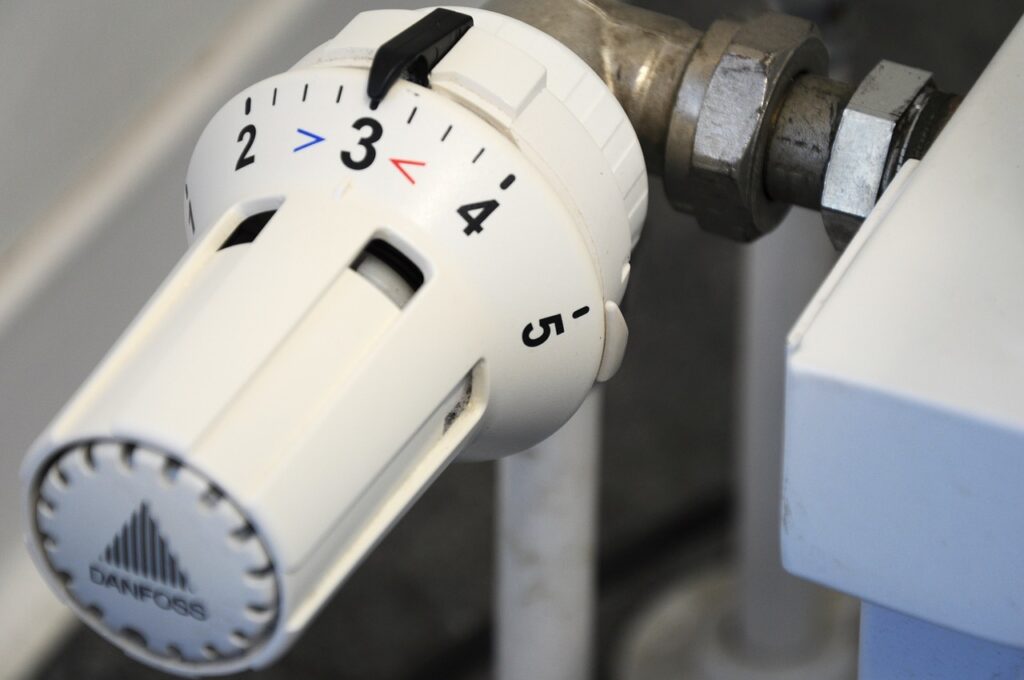National Grid Electricity System Operator (ESO) and Scottish and Southern Electricity Networks (SSEN) have teamed up to explore the potential of using surplus wind power to heat houses.
Together with a number of key industry partners, they have launched the ‘4D Heat’ project. Over the next six months, it will examine the potential and feasibility of smartly controlling electric heating to help manage grid constraints.
This would both help to balance the grid, ensuring less wind power is curtailed, and heat off-gas grid areas in northern Scotland where there are large numbers of electrified residential heating. According to National Grid ESO, there are around 380,000 homes in Scotland that could move to a range of electric heating solutions, from storage heaters to air or ground source heat pumps.
Switching to electrified heat and ensuring that supply is not disrupted is now particularly prescient in Scotland, following the government’s announcement in January that all new homes will have to use renewable or low carbon heating from 2024.
Cian McLeavey-Reville, innovation strategy manager at ESO, said they were “delighted” to announce the new partnership.
“If we can prove the feasibility of this concept, it will be a huge win-win for the transition of our energy sector. Reducing the amount of wind curtailed, as well as improving the business case for low-carbon electric heat, would be a major step forward on our path to a net zero carbon economy.”
4D Heat is being funded by Ofgem’s Network Innovation Allowance (NIA), and SSEN and National Grid ESO have partnered Delta-EE, Everoze and PassivSystems for it.
It is hoped that it will set the set the groundwork for follow-up initiatives, as the UK as a whole increasingly focuses on the challenges of decarbonising the heat sector.
In April, the Department of Business, Energy and Industrial Strategy unveiled sweeping plans for heat as the domestic Renewable Heat Incentive (RHI) came to a close, including grants of £4,000.
Projects such as the SmartHubs Smart Local Energy Systems (SLES) project in West Sussex have been launched to evaluate how heat and energy can work together to decarbonise the grid whilst keeping it balanced.
While others, such as the Sustainable Heating: Implementation of Fossil-Free Technology (SHIFFT) project led by the University of Exeter are focusing on developing green domestic heating solution.






